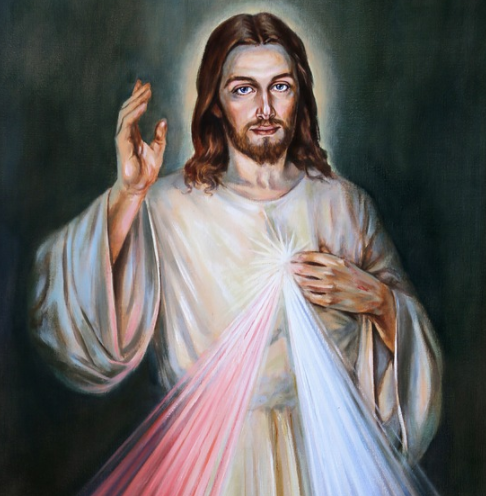Lent and the Mystical Jesus

Lent marks the sacramental period of deep and sincere reflection on the meaning of Easter and the miracle Jesus’ death and resurrection. Its 40-day duration symbolizes Jesus’ 40-day prayer fast in the desert in preparation for the completion of his work on Earth and his ultimate spiritual transformation. For Christians, it’s a time of moderation, repentance or purification in like preparation for the powerful – and mystical – events and significance of Easter.
Like many religious activities, our spiritual practices during Lent are meant to help us, in some small way, experience, participate and appreciate what Jesus went through. So we, too, go into the desert by choosing to give up some aspect of our worldly life in order to understand Jesus’ preparation for his final days on Earth. In this way, we share in His profound journey.
In the mystical dimension, however, Jesus’ death and resurrection takes on additional meaning, representing the death of the familiar everyday self and the birth of the Divine Self. In giving up things important to the small self during Lent, we are actually giving up parts of that self. In His Crucifixion, Jesus gave up everything and fully experienced the Divine Self, so we are just getting a taste of this great transformation. But as we will see, what we give up makes a space for the divine to shine through us because our imagined self actually stands between us and God. Who we think we are, so important in the World of Man, means little in the Kingdom of God.
Consider the words of these well-known Christian writers. Paraphrasing what Jesus might say, C. S. Lewis writes, “Hand over the whole natural self, all the desires which you think innocent as well as ones you think wicked – the whole outfit. I will give you a new self instead. In fact, I will give you Myself: my own will shall become yours.” And Meister Eckhart confides, “In my soul, God not only give birth to me as His son, he gives birth to me as Himself, and Himself as me. My truest I is God.” Finally, Thomas Keating puts it this way, “Lent is not about doing a few practices like fasting, giving to charities, or doing vigils. We are called by God to enter into a change of heart, to open to a new reality that is our True Self and beyond…the image and likeness of God. This discovery of ourselves is always a losing of ourselves….a death and a resurrection.” Here is the mystical purpose of Lent: We surrender our everyday self and worldly life in exchange for the awakening of Christ Consciousness.
I want to say one more thing. I believe that Jesus was a forerunner of a transformation of consciousness coming to all of us. And Lent is a perfect opportunity to experience that by leaving chronos time of clocks, calendars, schedules, roles, identities, and appointments, and entering chiros time – or time outside time, sacred time, time in God, in other words, mystical consciousness. That’s the goal of mysticism and it’s our destination in the Lenten season. Easter represents the possibility of dying into spirit. Are you ready?
John C. Robinson is a clinical psychologist with a second doctorate in ministry, an ordained interfaith minister, the author of nine books and numerous articles on the psychology, spirituality and mysticism of the New Aging, and a frequent speaker at Conscious Aging Conferences across the country. You can learn more about his work at www.johnrobinson.org.
